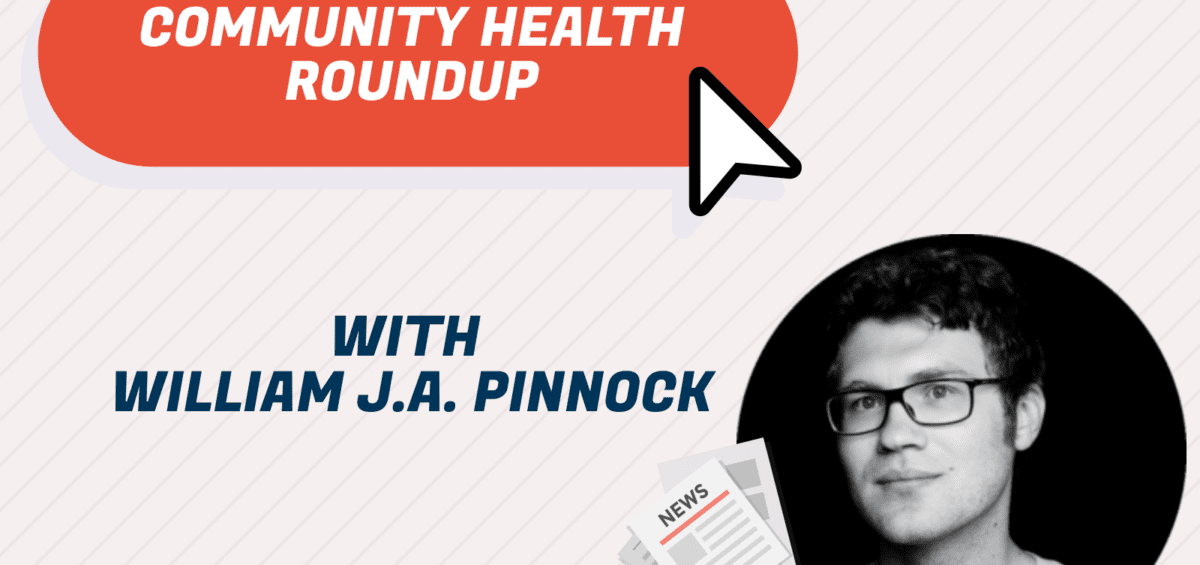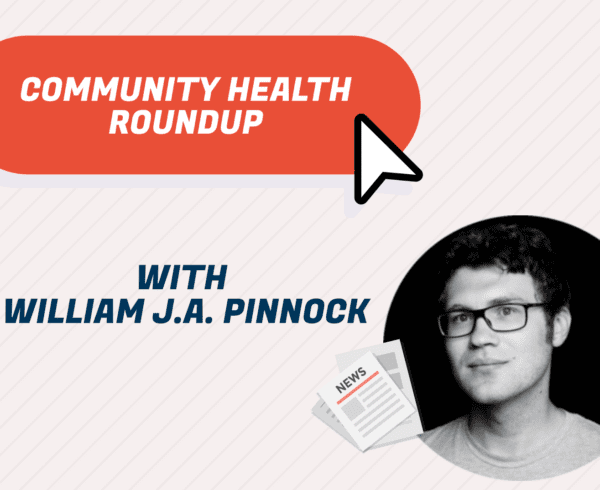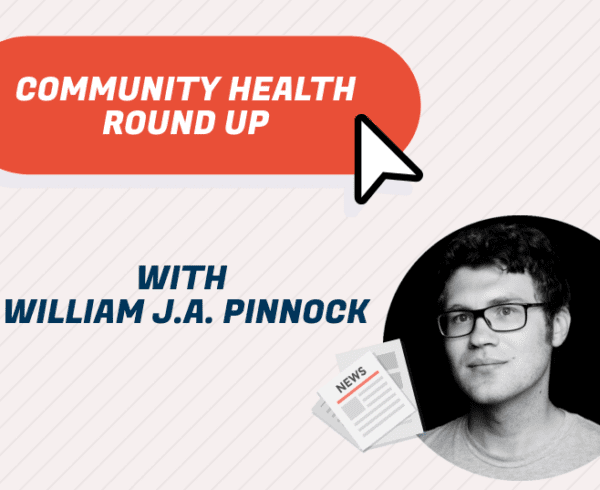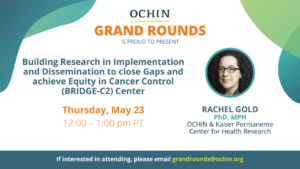Hello and welcome back to another installment of Community Health Roundup: your source for the latest (and most interesting) health news. This week we: learn about a new algorithm to predict social determinants of health referrals, reexamine the way peer review is performed, sit down with bassist Flea who discusses his struggles with opioids and addiction, learn some not so great news about the current perceptions on smoking, and finally end with a thoughtful consideration of gun violence as a public health concern.
Researchers at Indiana-Purdue University Indianapolis and Regenstrief Institute recently did something fascinating together: they created an algorithm to predict social determinants of health referrals for patients. The results were recently published in the Journal of American Medical Informatics and showed that specificity and accuracy scores for mental health referrals were between 60 – 75% accurate, SDOH services were between 67 – 77% accurate, and sensitivity scores were between 50 – 63% accurate. Read more about the study here.
I want you to stop and think for a second on this question: How important is peer review? I hope you said “very important” because it is. Now, I want you to think about this: Could our current system of peer review be updated and improved? This is what researchers are asking themselves as they see that it can take months for articles to be published, thereby changing the impact of timely findings. But, these researchers I referenced in the last sentence (remember them?) are discussing new and innovative ways to improve upon peer review. What are there suggestions? Head over to OPB to learn more.
Do you enjoy the funky bass sounds of the Red Hot Chili Peppers and strongly dislike the opioid epidemic? Then you may like this next article. Flea (bassist from the Red Hot Chili Peppers) recently wrote a piece for TIME magazine discussing his fight with opioids and addiction, how he overcame his addiction, and the lasting impact this has had on his life. It’s a great article and I strongly suggest you read his piece here.
Here’s a shocking fact from a recently published article in the journal Drug and Alcohol Dependence: recent results over a 10 year span from the National Survey on Drug Use and Health show that respondents who saw smoking as a great risk declined and the number who said it posed no risk increased by 1.18% from 1.45% to 2.63%. Read more about this survey and the study here.
Finally let’s end today with a question and an article. Question: Should gun violence be treated as a public health concern? Dr. Alexandra Sowa thinks so and she eloquently explains why in this fantastic piece from The Baltimore Sun.
William Jacob Amadeus Pinnock is a Research Coordinator at OCHIN where he assists with the creation, execution, and dissemination of research projects. He graduated with an MS in Communication from Portland State University where he focused on health communication, rural mass media, and qualitative research methods. He has experience working in commercial health insurance, healthcare research, and radio broadcasting. In his spare time, he is an Adjunct Instructor at Portland State University helping students master the art of public speaking.







